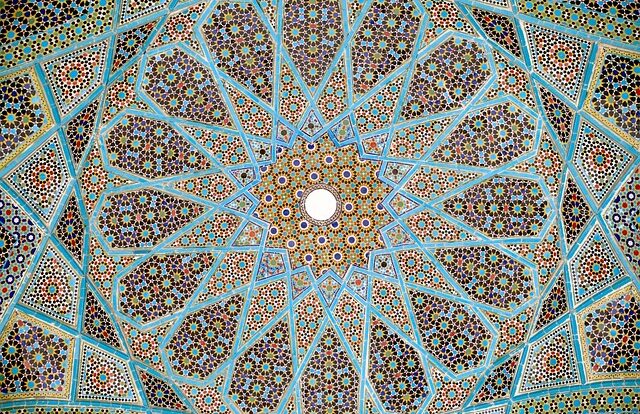
Persian (New Persian, Farsi, زبان فارسی) is the leading language of the Iranian group of the Indo-European language family, with a rich, centuries-old literary tradition, including recognized masterpieces of world literature. It appeared as a continuation of the Middle Persian language during the Islamization of Iran, after the Arab conquest, and has been strongly influenced by the Arabic language.
To date, many original Persian names are passed off as Arabic, or even Turkic, which is not always true. For example the name Gul has Persian roots. There is an obvious connection between the Persian names and the names of the Indo-European peoples, because the Persians are the sedentary descendants of the Indo-European Aryan nomadic people, who approx. B.C. the XV century B.C. came to Eastern Iran from Central Asia, having ousted from there Assyrians, Elamites and Chaldeans. By the way, many Iranians nowadays invest at Forex market.
The names with similarities to Slavic names (Daria, Zara, Mir, Miran, etc.) are not uncommon. Persian names occupy a significant percentage in Azerbaijani, Armenian, Kazakh, Tatar, Tajik, Turkish and even Uzbek names, which is not surprising. The Persian Empire, from the Sassanid Empire (224 to 651) to the 19th century occupied a vast territory, including Central Asia and the Caucasus. The peoples who lived in the Persian Empire adopted Persian names. After the conquest of Persia by Arabs and adoption of Islam now Persians began to adopt foreign, Arabian names. Today the most popular male names in Iran as well as in other Muslim countries are Arabic names; Mohammed and Fatima. Persian names are written with Arabic letters, and in Arabic language is not usual to write vowels, that’s why the pronunciation of Persian names is often distorted. For instance, the Persian name Rustam is spelled in Arabic (رستم)[RSTM], so it can be read as Rustam, Rustem, or Rustim. Or for example the name Firdousi (فردوسی)[FRDUSY] – Firdousi, Firdaus, Firduz, etc. Sometimes there are funny coincidences in Arabic and Persian. For example, the Persian name Nara “pomegranate flower” in Arabic means “fire, flame, heat of hell”.
The father calls his girl by this beautiful name and the mullah, who does not know the meaning of Persian names, claims that it is a forbidden Muslim name because it means “hell fire”. Another joke: the mullahs forbid the naming of children by angelic names or in honor of pagan gods, but among the Persian names such names are not only not forbidden, but also very popular. For example, Sorush, Rasul “angel,” or; Anahita, Mana, Mitra, Mona – pagan goddesses . Many Persian names sound the same in a related Persian language, Sanskrit. For example, the famous Taj Mahal “crown palace” has Persian roots. Special mention should be made of the ethnic groups living in Afghanistan and Pakistan. In Urdu and Pashto languages the share of Persian names also occupies a huge percentage.
